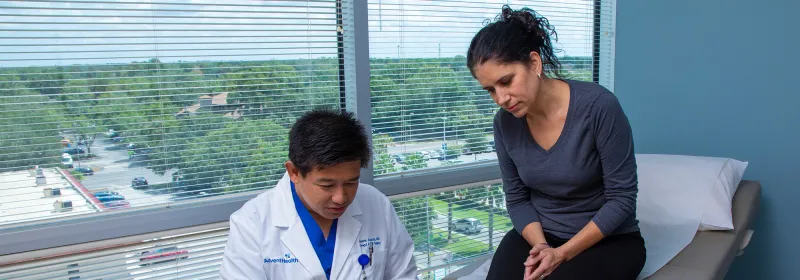
From Pill Cams to Deep Enteroscopy, We Have Ways to See Inside the Small Intestine
Looking inside the small intestine can be important for conditions such as gastrointestinal bleeding, polyps and cancer of the small intestine, iron deficiency anemia and Crohn’s disease. Seeing the small intestine from within wasn’t even possible at the start of the new millennium. However today, AdventHealth Digestive Institute Tampa physicians are able to do this with cutting-edge capsule endoscopy and deep enteroscopy technology.
Capsule Endoscopy (Small Bowel Pill Cam)
Capsule endoscopy involves a one-inch capsule that contains a camera. The patient swallows the capsule like a vitamin, and the camera transmits images to a recorder the patient wears on his or her belt. The capsule passes through the entire digestive tract until the body naturally eliminates it. The procedure involves prep similar to that for colonoscopy, and the actual capsule endoscopy takes eight hours or less if the camera passes through the digestive tract sooner. During its travels, the capsule camera takes tens of thousands of pictures. These pictures are then pieced together into a video for the doctor to review.
This video gives the doctor a better view of:
- Polyps or lesions
- Small bowel strictures
- Lodged foreign objects
Deep Enteroscopy
While capsule endoscopy cannot be used to treat the conditions it discovers, that is where deep enteroscopy comes in. The average adult small intestine is 20 feet long, so the entire length cannot be reached by an endoscope. A balloon-assisted enteroscope is made up of a very thin, flexible, light-and-camera-equipped scope covered by another tube. Attached to the end of the enteroscope is a balloon. The balloon is inflated against the walls of the small intestine, which allows the scope to advance through the intestine. The balloon is then deflated and moved farther into the small intestine. Then the process repeats itself through the full length of the small intestine. The procedure may take several hours and is usually performed under general anesthesia. An enteroscope is usually inserted through the mouth. However, it can be used through the rectum when problem areas are near the end of the small intestine or if the entire small intestine cannot be seen from the top end.
What Small Bowel Endoscopy Involves
Preparing for a capsule endoscopy or deep enteroscopy involves fasting for several hours prior to the procedure and stopping certain medications. After swallowing the camera, most patients can drink clear liquids two hours later and eat a small meal four hours later. They can go about their normal activities during the study. Patients who have had a deep enteroscopy will want to rest afterward because of the anesthesia.
Risks Associated with Small Bowel Endoscopy
Capsule endoscopy is not used for patients with obstructions in their small intestines. This is because there is a slight risk the capsule could get stuck. Should this happen, usually the capsule eventually breaks free. However, occasionally another procedure is needed to retrieve the capsule. The risks associated with deep enteroscopy are similar to upper endoscopy or colonoscopy. There’s a very slight risk of puncturing the intestine wall, and there’s a small risk of bleeding, especially if a biopsy or treatment procedure is performed.
To schedule a capsule endoscopy or deep enteroscopy at AdventHealth Digestive Institute Tampa, call Call813-615-7030.
Endoscopy Services
-
Upper Endoscopy / Esophagogastroduodenoscopy (EGD)
An upper endoscopy helps doctors look at the esophagus, stomach and first part of the small intestine and can help diagnose a range of conditions.
-
Capsule Endoscopy and Deep Enteroscopy
A capsule endoscopy allows doctors to see into the small intestine, which can be important in diagnosis gastrointestinal bleeding, polyps and cancer.
-
Colonoscopy / Flexible Sigmoidoscopy
A colonoscopy or sigmoidoscopy is a way for doctors to see inside the colon and rectum to identify issues and perform biopsies.
-
Endoscopic Retrograde Cholangiopancreatography (ERCP)
Doctors at AdventHealth Digestive Institute Tampa Use ERCP for Pancreas, Gallbladder and Bile Duct Imaging and Advanced Endoscopic Treatment.
-
Endoscopic Ultrasound (EUS)
Endoscopic Ultrasound. Comprehensive health services in Tampa are offered at our Digestive Health Institute. We are invested in your long-term health goals.
-
High Resolution Anoscopy (HRA)
Colorectal Surgeons at AdventHealth Digestive Institute Tampa Are HRA Providers (High Resolution Anoscopy) for Anal Cancer Screening.
-
Acid Reflux Measuring Tests
Doctors at the AdventHealth Digestive Institute Tampa Mickle Center for Reflux and Esophageal Conditions use outpatient tests to measure Acid Reflux.
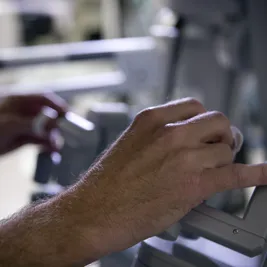
Recover Faster With Minimally Invasive and Robotic Surgery
All the surgeons at the Digestive Health Institute (DHI) at AdventHealth Tampa have a large depth of experience in offering minimally invasive surgery.
Meet The Experts
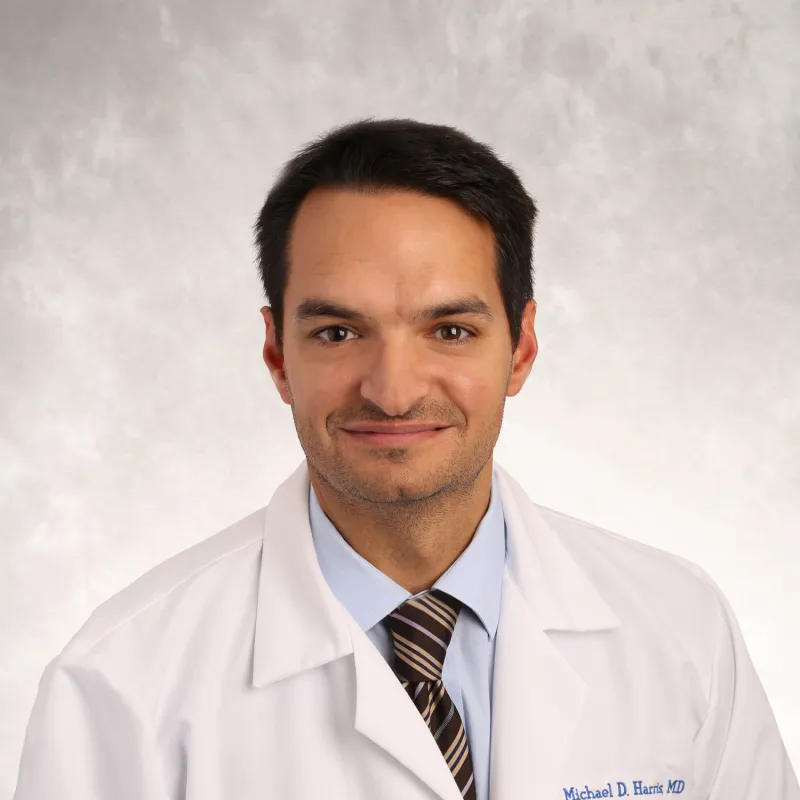
Michael Harris
MD
Gastroenterologist
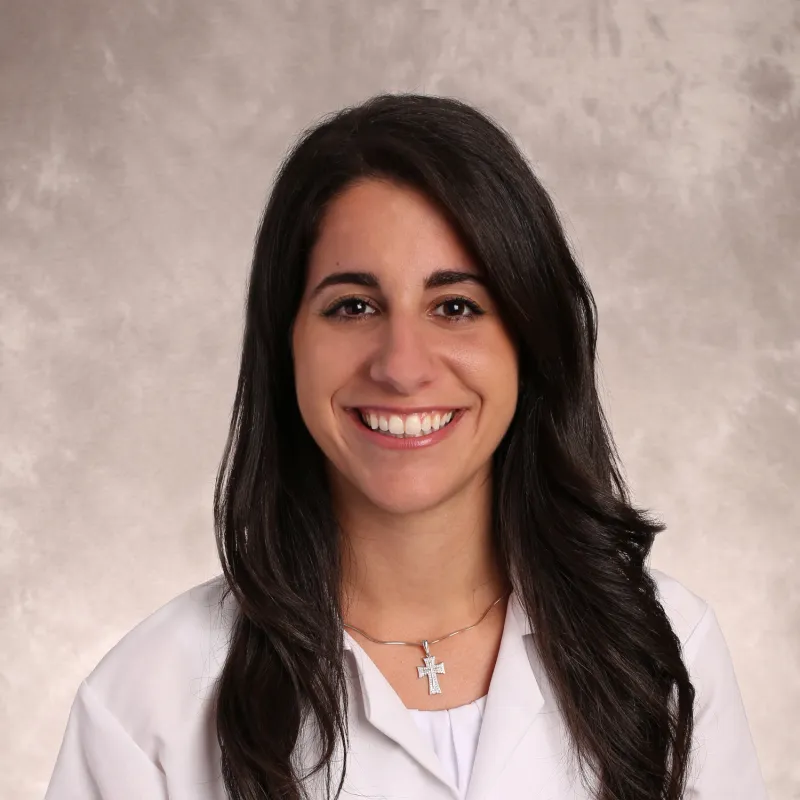
Marian Hanhan
PA-C, MPAS
Physician Assistant
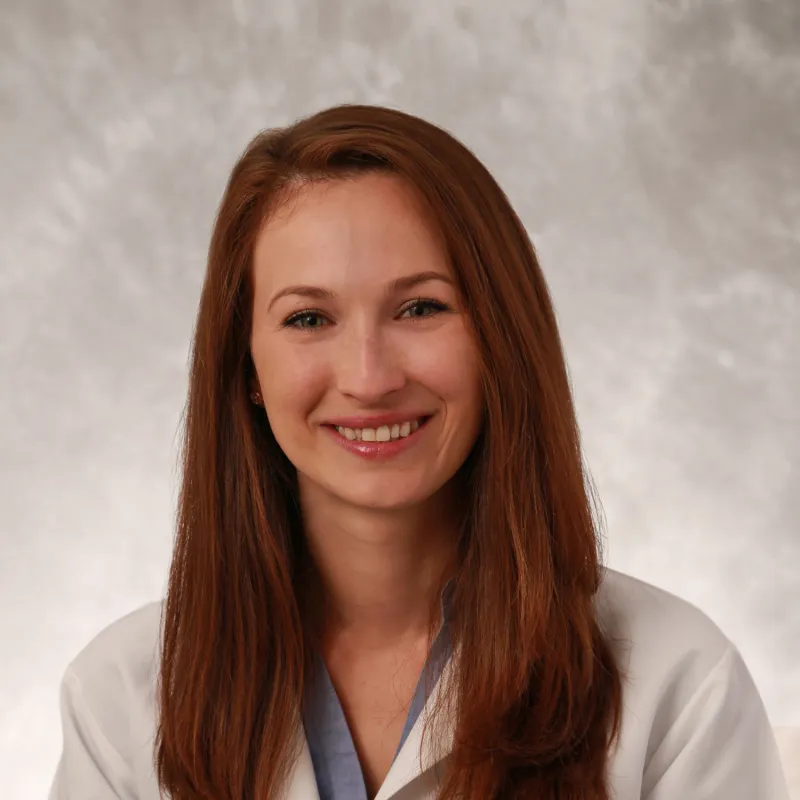
Christina Hill
MPH, PA-C, MMS
Physician Assistant
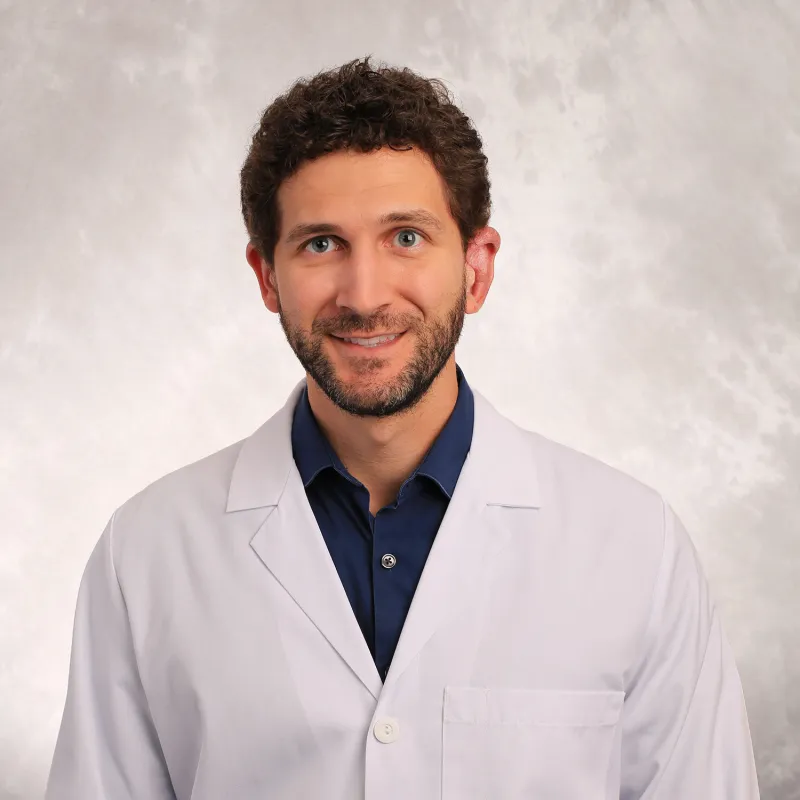
Justin R. Lawandales
MPH, MSN, ARNP
Nurse Practitioner

Surgical Consultations For Digestive Cancer Without The Wait
Appointments Within Five Days for Patients with Cancer
At AdventHealth Digestive Institute Tampa, we know that after being diagnosed with cancer, patients want and often need to begin treatment quickly. So we make it a priority to offer appointments for cancer surgery consultations within five business days, and often earlier.
Patients who are newly diagnosed with cancer, or have just found out they have cancer again, qualify for this priority access. Our surgeons will make themselves available to see you right away, even for a second opinion. We want to help you start your treatment as soon as possible.
If you have been diagnosed with a cancer of the digestive system, don’t wait.
Call the Digestive Health Institute at 813-615-7030.
News and Info

How to Respond When a Loved One is Hesitant About the COVID-19 Vaccine
Expert answers to some commonly asked questions and concerns about getting a coronavirus vaccine.
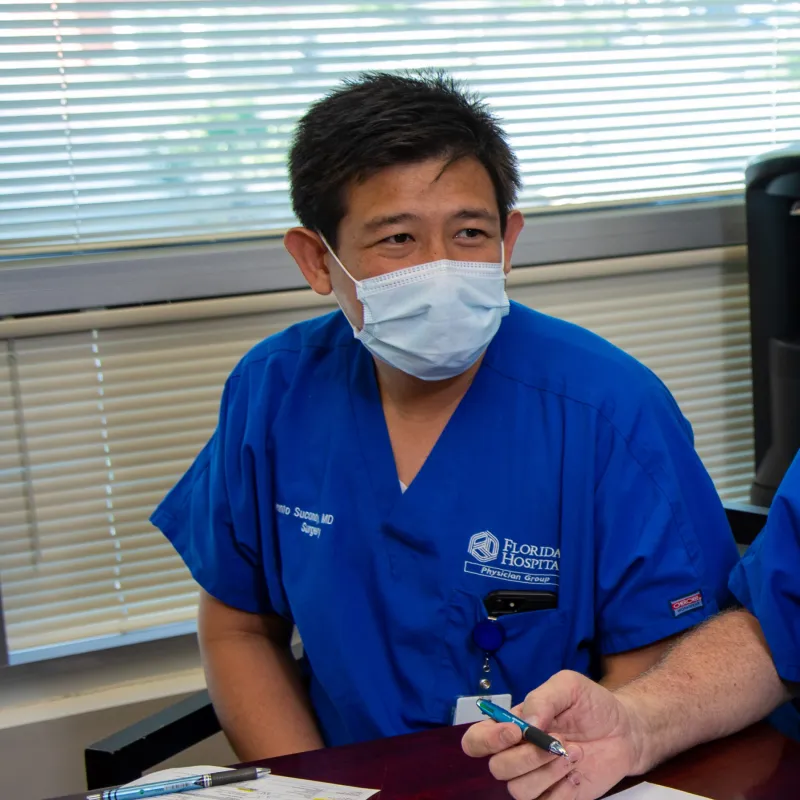
Digestive Institute Surgeon Gives Invited Talk, Multiple Presentations at International Laparoscopic Liver Society’s 3rd World Congress
To help promote minimally invasive surgery – which has many benefits for patients – and share their expertise, AdventHealth Digestive Institute Tampa (DI) surgeons such as Iswanto Sucandy, MD, FACS, advanced HPB (liver, pancreas and bile duct) surgeon, and Sharona Ross, MD, FACS, advanced HPB...

Pregnancy and the COVID-19 Vaccine
Considering starting a family soon? Read more about the COVID-19 vaccine and pregnancy from our experts.

